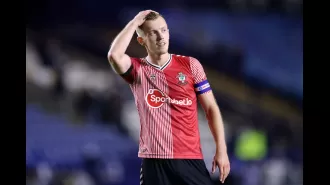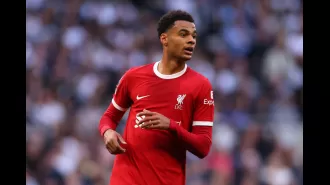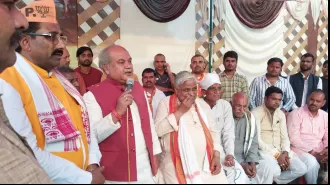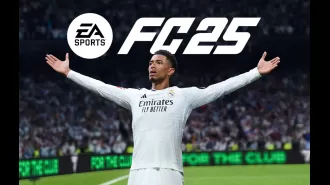Cyclists in danger on dangerous road unless changes made to prevent fatalities.
Four people have died on the road, including the father.
January 25th 2025.
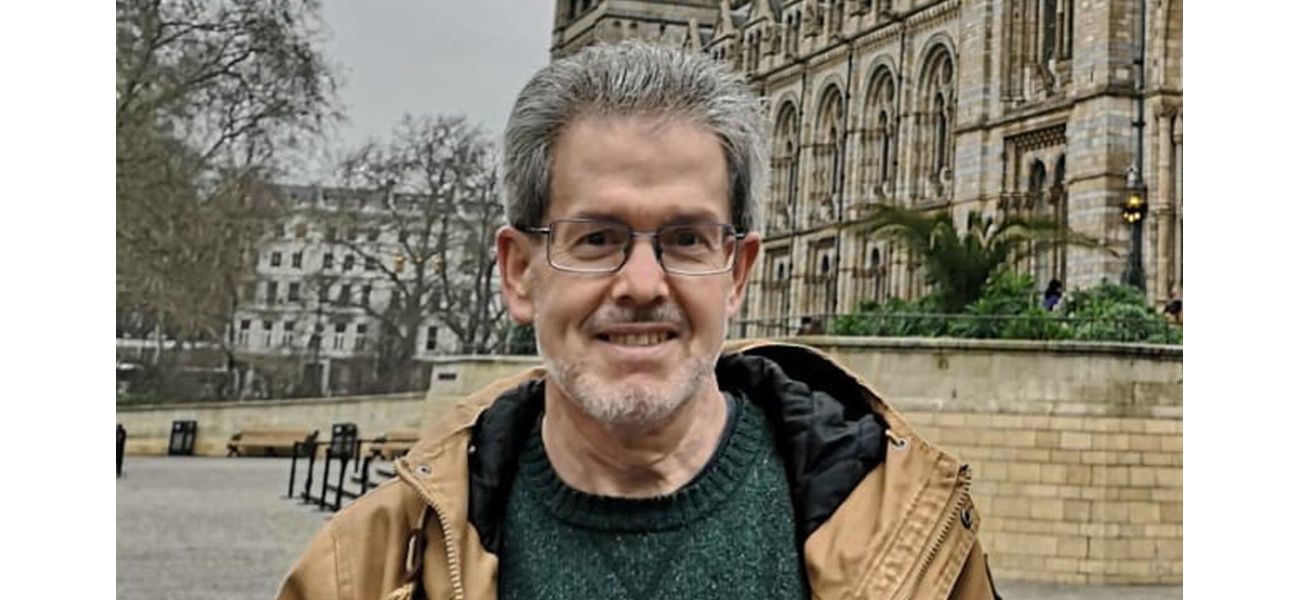
Donald Mitchell, a passionate cycling enthusiast, tragically lost his life in a devastating accident on the A48. The incident has brought to light concerns about the safety of this particular stretch of road in south Wales, as it has claimed other lives in the past.
Donald, a 61-year-old librarian, was on his way home from work at a Christian university on December 17, 2020, when a driver in a blue Volvo S40 collided with him. Despite his family's description of him as an "avid cyclist," he suffered severe head injuries and sadly passed away. His retirement, which he had been eagerly anticipating for the following year, was cut short.
The coroner for South Wales Central, Patricia Morgan, recently concluded an investigation into Donald's death after a four-year inquiry. In her findings, she expressed concern over the road's design, speed limit, and past accidents, as well as the lack of accommodations for cyclists. She warned that without proper action, there is a high risk of future fatalities occurring on this route.
Four fatal crashes and eight serious collisions have occurred on this section of the A48 between 2015 and 2024, with cyclists involved in five of them, according to the coroner's report. In response to her concerns, Coroner Morgan has called upon the Bridgend County Borough Council and the Welsh government to address the issue.
The council has stated that they will respond to the investigation within the required time frame. Meanwhile, Donald's family has been left devastated by their sudden and tragic loss. In a statement released a day after his passing, they expressed their deep grief and described him as irreplaceable. Donald leaves behind his wife of 34 years, Sian, and their three daughters, Hannah, Eluned, and Siriol.
He had a passion for cycling and had been eagerly looking forward to spending more time with his family in his upcoming retirement. His family remembers him as a dedicated librarian who had trained in the field and worked in various roles before joining the UNION School of Theology in Bryntirion nine years ago. Though his passing is a great loss, his family finds solace in the fact that they can grieve with hope for a future reunion.
Donald, a 61-year-old librarian, was on his way home from work at a Christian university on December 17, 2020, when a driver in a blue Volvo S40 collided with him. Despite his family's description of him as an "avid cyclist," he suffered severe head injuries and sadly passed away. His retirement, which he had been eagerly anticipating for the following year, was cut short.
The coroner for South Wales Central, Patricia Morgan, recently concluded an investigation into Donald's death after a four-year inquiry. In her findings, she expressed concern over the road's design, speed limit, and past accidents, as well as the lack of accommodations for cyclists. She warned that without proper action, there is a high risk of future fatalities occurring on this route.
Four fatal crashes and eight serious collisions have occurred on this section of the A48 between 2015 and 2024, with cyclists involved in five of them, according to the coroner's report. In response to her concerns, Coroner Morgan has called upon the Bridgend County Borough Council and the Welsh government to address the issue.
The council has stated that they will respond to the investigation within the required time frame. Meanwhile, Donald's family has been left devastated by their sudden and tragic loss. In a statement released a day after his passing, they expressed their deep grief and described him as irreplaceable. Donald leaves behind his wife of 34 years, Sian, and their three daughters, Hannah, Eluned, and Siriol.
He had a passion for cycling and had been eagerly looking forward to spending more time with his family in his upcoming retirement. His family remembers him as a dedicated librarian who had trained in the field and worked in various roles before joining the UNION School of Theology in Bryntirion nine years ago. Though his passing is a great loss, his family finds solace in the fact that they can grieve with hope for a future reunion.
[This article has been trending online recently and has been generated with AI. Your feed is customized.]
[Generative AI is experimental.]
0
0
Submit Comment

